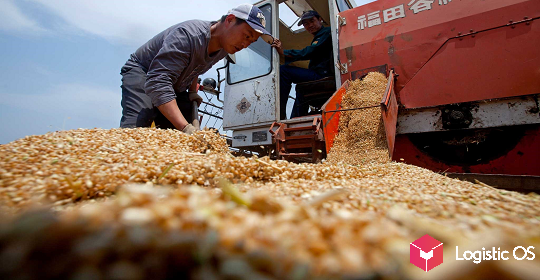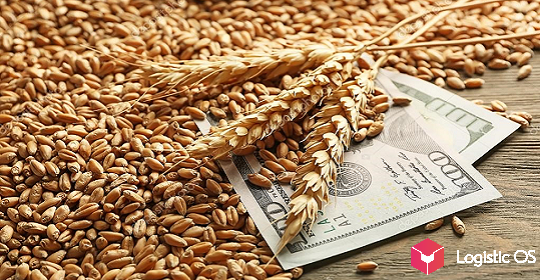Entrepreneurs can adjust plans for further development.
According to Interfax, it is possible that in the next couple of years, state support for Russian exports may decrease.
Reference is made to the explanatory note to the budget for the respective periods.
How much will support decrease?
If initially for 2023 it was planned to allocate 80 billion rubles to support agricultural exports from the Russian Federation, now this figure may drop to 51 billion rubles.
Similarly, with 2024: instead of 98 billion, support may be reduced to 71 billion. That is, we are talking about significant amounts.
In the period from the beginning of 2022 to September 1, about 69 billion rubles were spent for these purposes.
Why are they cutting support?
Firstly, state support for the production of oilseeds, which first appeared this year, is decreasing.
In addition, the volume of subsidies for the modernization of agricultural production and compensation for direct costs is decreasing. As for state support for leasing companies in the agricultural sector, they are also threatened with reduction.
Perhaps this is largely due to the fact that the Russian budget for 2023 and 2024 is planned with a deficit, which forces us to reduce all “extra” costs.
At the same time, Russian agricultural exports are doing well and are growing steadily: in 2020, their volume amounted to $30 billion, in 2021 — $37 billion, and this year — about $40 billion.
Will agricultural exports survive the decline in support?
This year, it is still at its maximum: at the beginning of the year, it was planned to allocate 355 billion rubles for these purposes, but then this amount was increased by 240 billion rubles. In total, support has exceeded half a trillion, which is a record value.
At the same time, however, many agrarians argue that even an increase in support by 240 billion in the end is not very noticeable for enterprises in the sector and certainly does not compensate for their costs.
It would be a completely different matter if the government decided to abolish the export duty. According to some experts, this would give exporters 10 times more revenue than the entire volume of state support.
In general, at the moment, agricultural exports are experiencing problems, the main of which is that the price of purchasing products from farmers is constantly growing, as their production costs are growing.
At the same time, the profit from the sale practically does not change «thanks» to the floating duty. And if this situation continues, then the marginality of the business will decrease, and this may affect the plans of entrepreneurs for its further development.

